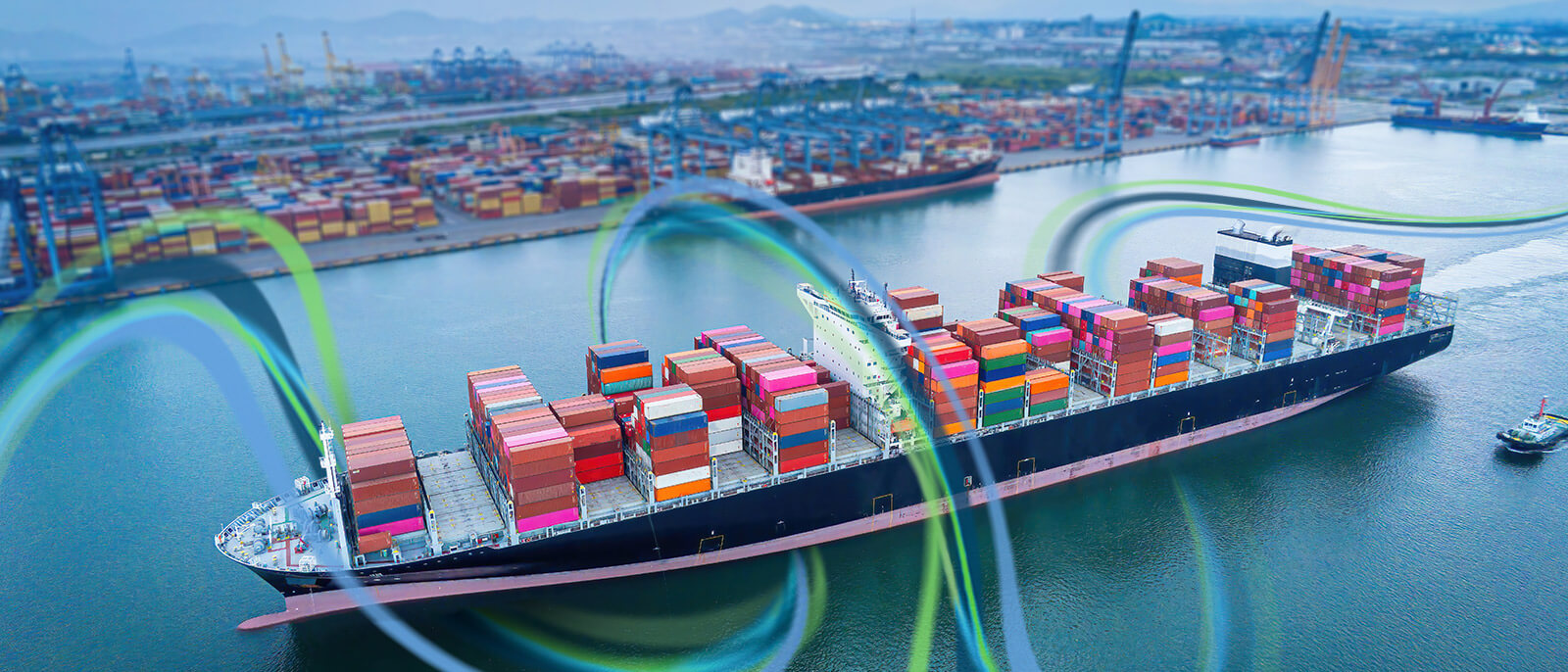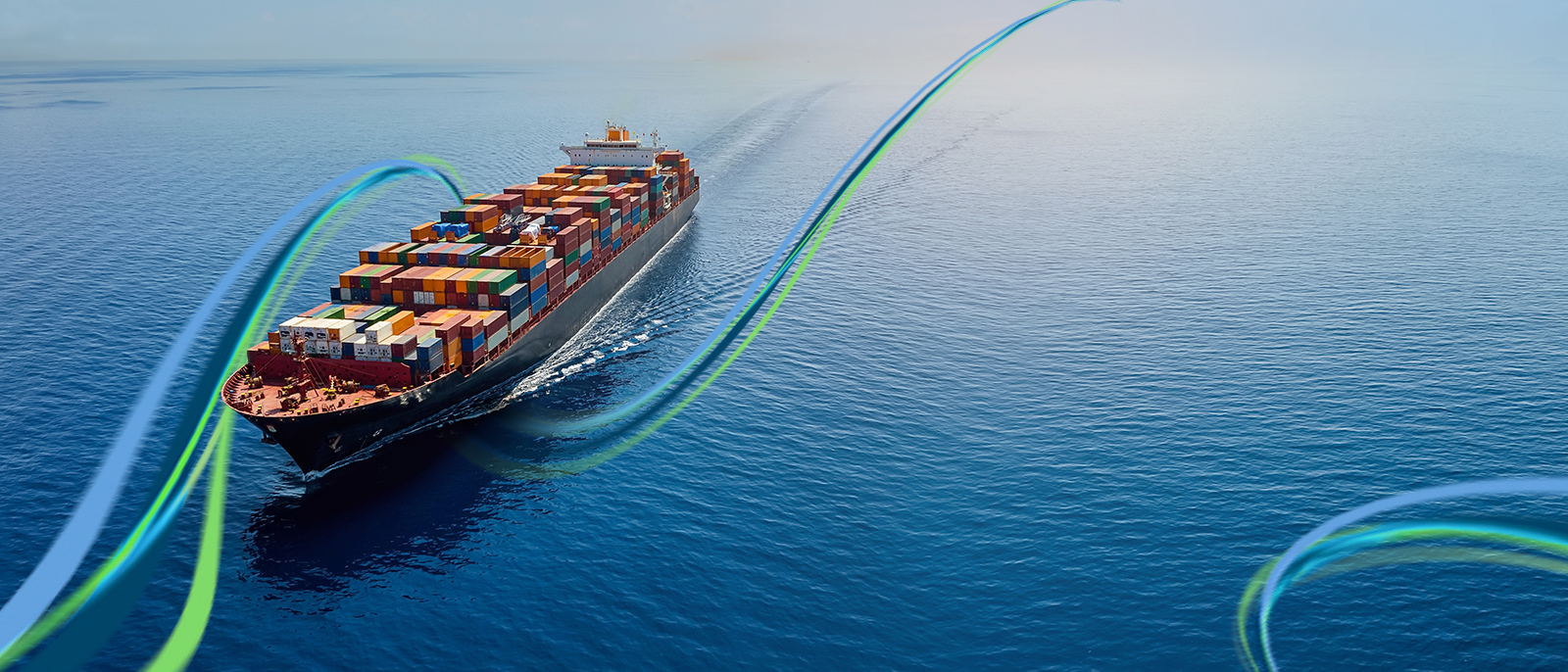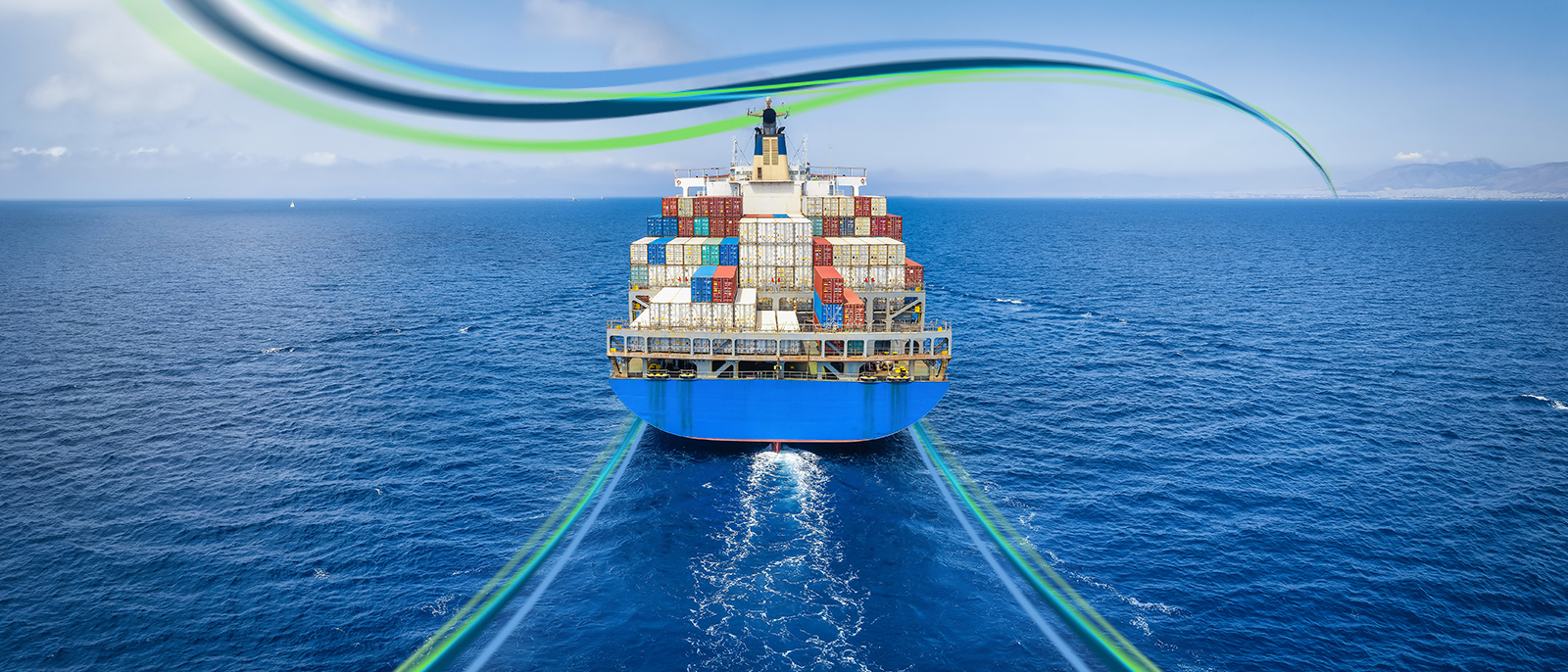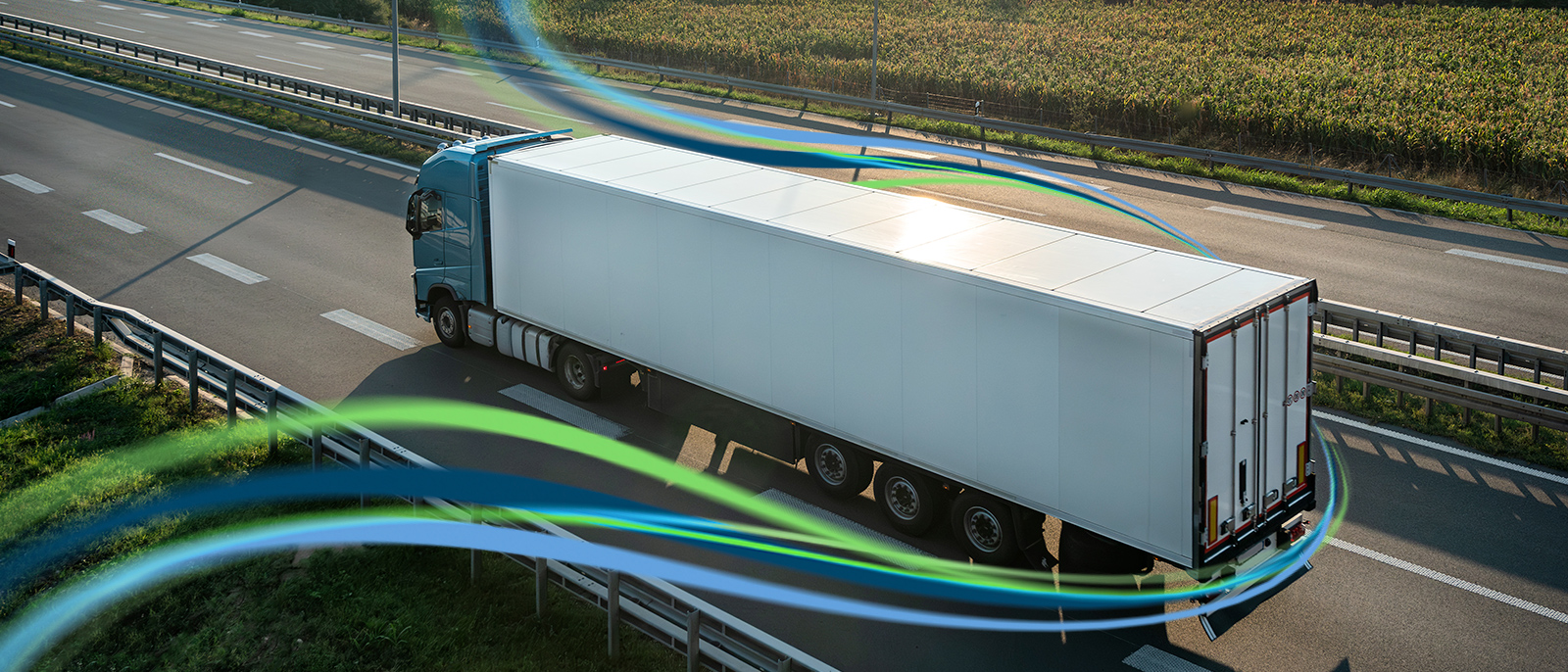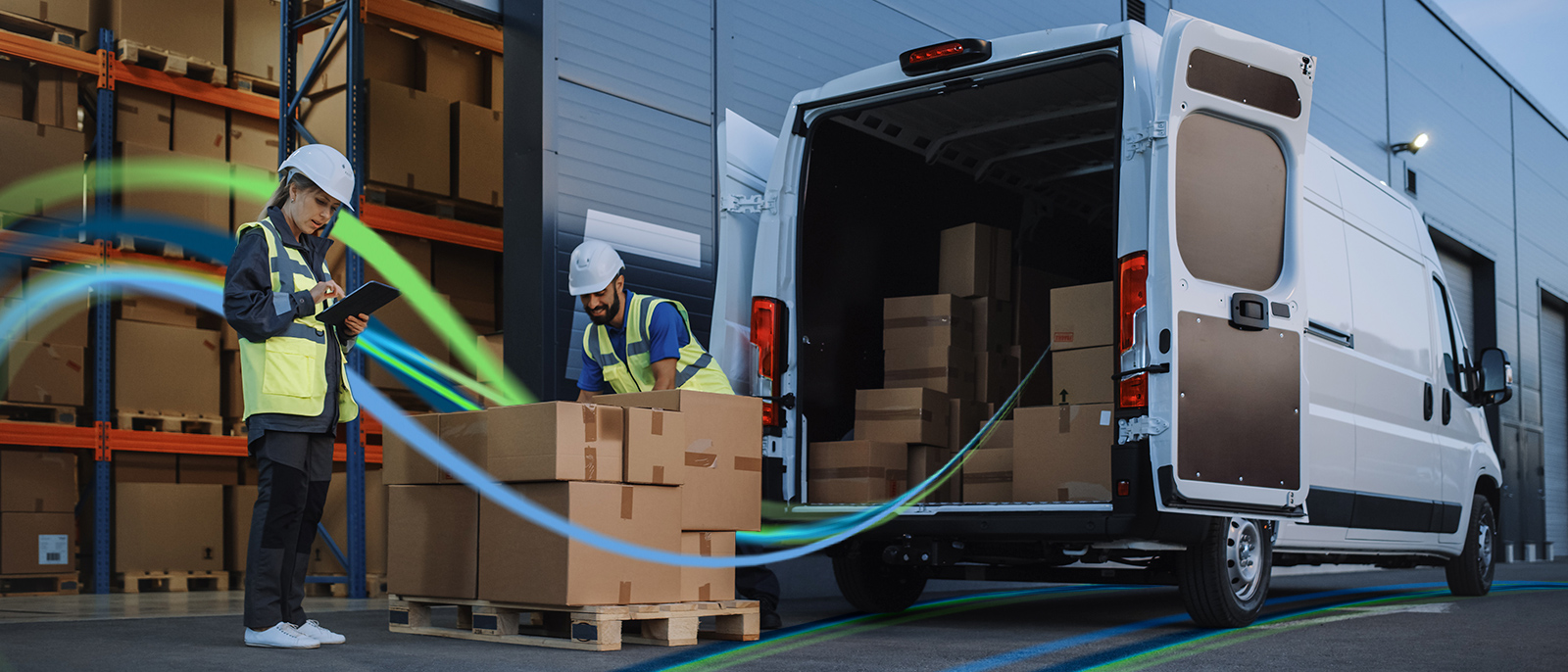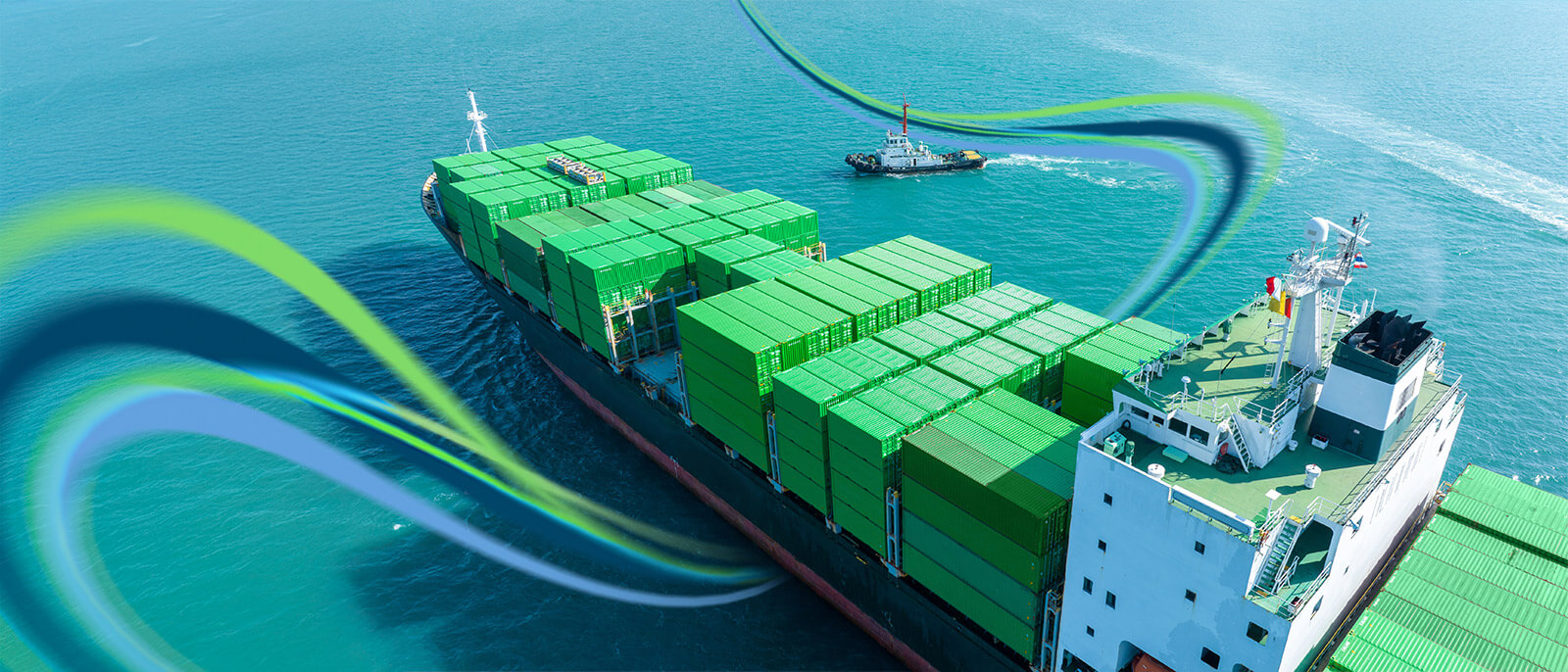
Sustainability now sits firmly on the agenda for businesses involved in global trade. Rising fuel costs, tighter regulations, and customer expectations have all pushed environmental performance to the forefront of logistics planning. As we move towards 2026, green logistics is no longer a niche concept but a practical consideration for everyday freight decisions. This article…

